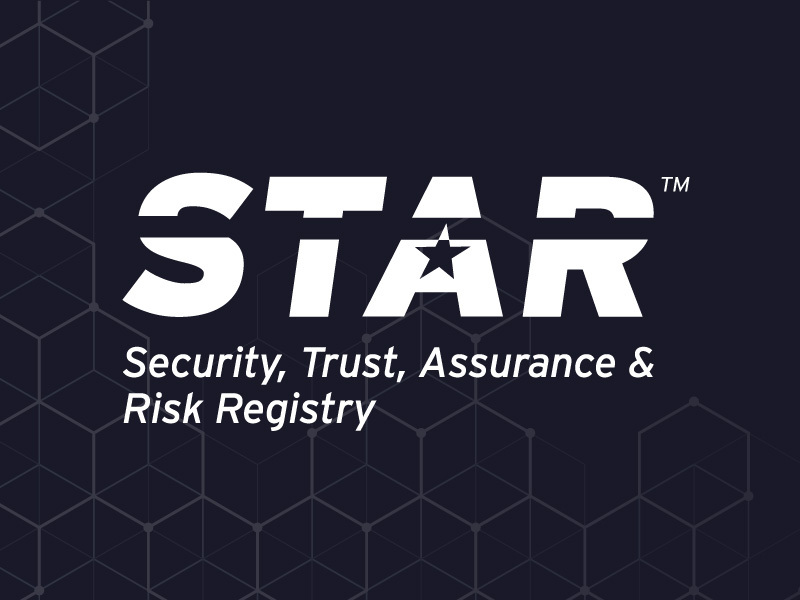Enabling Data Protection and Compliance in the G Suite Environment
Blog Article Published: 08/21/2020
By Matt Hines, VP of Marketing at CipherCloud & Ishani Sircar, Product Marketing Manager at CipherCloud
The Rise of G Suite and Related Data Security Challenges
With over 2 billion active users and a market share of 56.97 percent, G Suite is here to stay nd help enable today’s businesses to tackle their cloud collaboration and productivity goals. Of course, as the G Suite environment continues to take hold and empower the expanding remote workforce, related data security and cloud security challenges also continue to increase.
Like other cloud productivity suites such as Office 365, the spectre of potential data loss that can affect G suite looms quite large. As always, if left unmanaged and unchecked, such exposures in the cloud-mobile environment can have a potentially catastrophic impact on data security and compliance considerations within any organization.
G Suite deploys with collaboration, email, content management, and file sharing capabilities, and when these capabilities are accessed over unmanaged devices or unapproved access points, the attack surface clearly becomes wider and further exposed to breach incidents. Compliance is another common theme that spans from the on-prem world to the “G” cloud. Data privacy laws and compliance requirements such as PCI, GDPR and HIPAA further mandate caution while handling sensitive data in G Suite with failure to do so creating the potential for hefty penalties.
Defining G Suite Data Protection Requirements
Further adopting virtualization, cloud computing and even artificial intelligence clearly represents a technology sea change, but, most often it is the day to day business operations occurring within this advancing cloud environment that command the most attention from a security standpoint. G Suite productivity and collaboration is no exception.
Organizations increasingly host some measure of their sensitive data (PII, PHI, PCI, etc.) in these types of cloud environments which employees use to collaborate across multiple clouds and applications. Workers are also collaborating via cloud productivity tools with business partners outside of their organizations, extending security concerns exponentially. All of these factors emphasize that data accessed by internal and external users is properly protected, and that security teams can continuously monitor for accidental or improper data use through open shares, emails and other cloud apps. The process of implementing and maintaining security policies that cover off on all these scenarios is another huge lift for today’s security and compliance practitioners.
Using CASB to secure data in the G suite environment
If any of this perspective resonates with your organization and applies to your G Suite security requirements, employing the right Cloud Access Security Broker (CASB), one designed to help address all the unique data security considerations, is a great place to start.
CASBs provide an integrated cloud security solution for G Suite and other SaaS apps, ensuring end-to-end data protection - within the cloud, in collaboration with other clouds, and even after it gets downloaded to a personal or unmanaged device.
Among the specific use cases CASBs excel at are challenges including:
1) Identifying and classifying users and devices – including laptops, tablets, smartphones and other mobile devices.
Cloud security solutions that have Endpoint Classification capability ensures that organizations can distinguish between managed and unmanaged devices for employees logging on to any G Suite app, without requiring expensive MDM integrations.
2) Protecting data loss through contextual controls and policy enforcement in real-time.
Data Protection solutions that are tailor-made to address the cloud data security challenges in platforms like G Suite, employing an identity-centric focus. A powerful policy engine that makes use of device classification and app detection capabilities, in conjunction with cloud intelligence, to protect the organization’s data while also maintaining G Suite’s ease of use.
3) Enabling control of data across G Suite apps and external collaborations.
Native Rights Management clients work across numerous G Suite collaboration stakeholders, vendors, and partners with contextual controls that address any user and the data they access. A Secure Email Gateway deploys with fully integrated inline DLP that enables organizations to scan an email’s subject, body, and attachments to protect data at rest or in motion.
4) Maintaining centralized visibility and compliance.
CASBs provide visibility across all users, devices, and sensitive data traversing the app-universe of G Suite. Ensuring that an organization’s data remains compliant, CASB comes with 100+ prebuilt data types and policies for PCI, HIPAA, GDPR, CCPA, among other regulations.
Related Articles:
How to Set Your Small Privacy Team Up for Success
Published: 04/17/2024
How to Audit Your Outdated Security Processes
Published: 04/16/2024
Cloud Relationships: Getting to Grips With the ‘Vendor of My Vendor’
Published: 04/15/2024
Evaluate the Security of Your Cloud Service Provider with the CSA STAR Registry
Published: 04/13/2024






